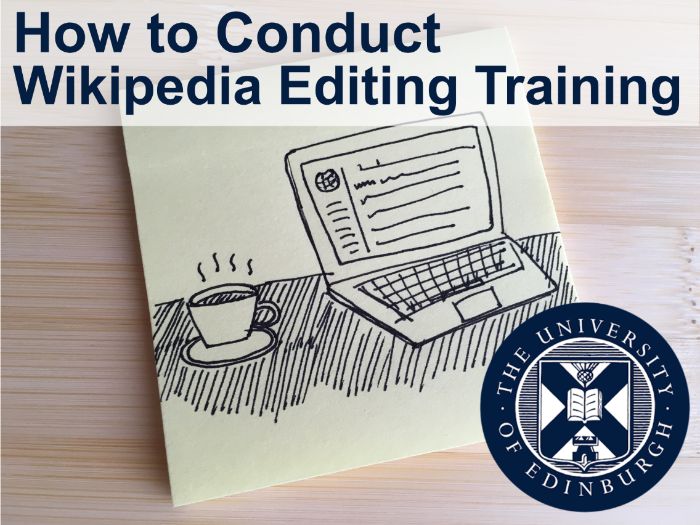University of Edinburgh Open.Ed
Free open educational resources from the University of Edinburgh to download and adapt for primary and secondary teaching. Winner of the 2021 OEGlobal Awards for Excellence Open Curation Award for this collection of high quality student made OER on the TES platform.


